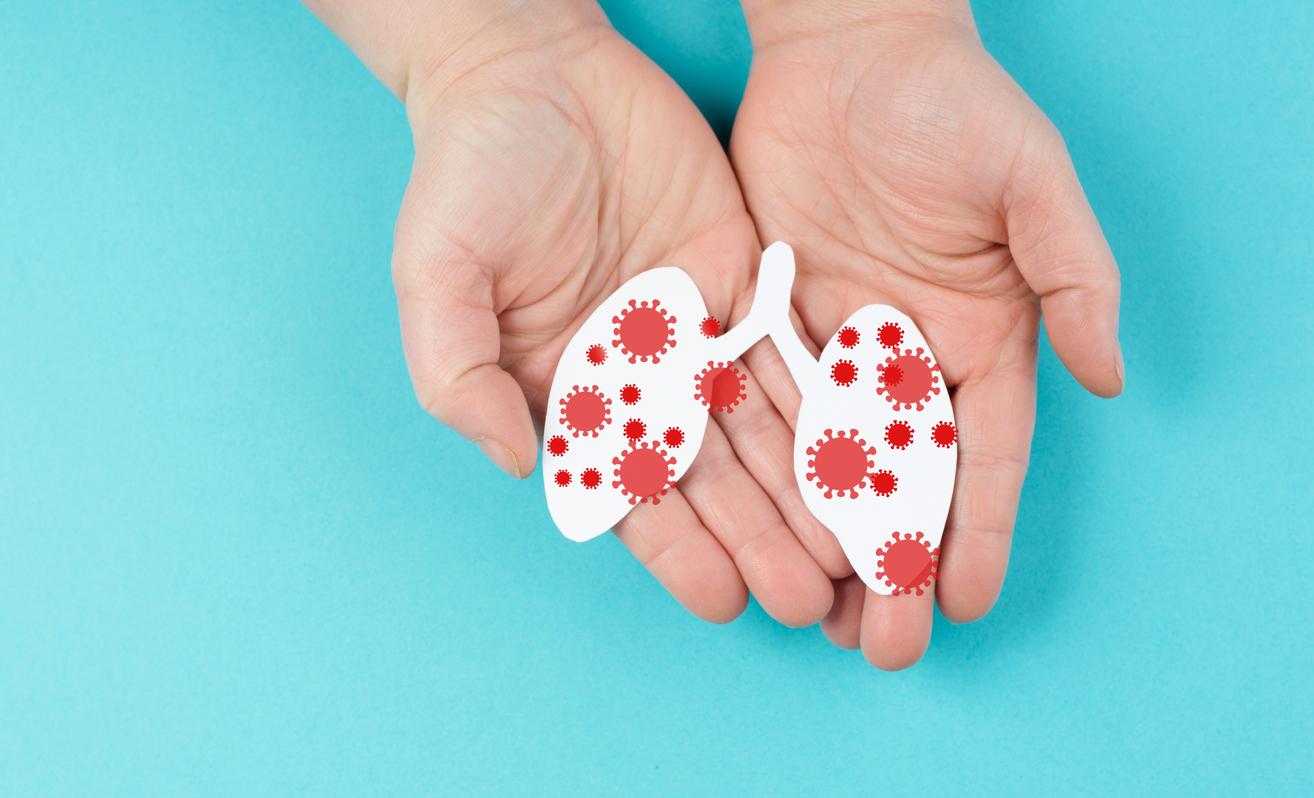It is often recommended to consume vitamin C to boost the immune system in winter and avoid certain illnesses such as colds.

- Food supplements based on vitamin C are popular in winter, to reduce the risk of colds or to heal more quickly.
- According to a specialist, the vitamin C present in fruits and vegetables is sufficient for our body.
- There is a risk of interaction between certain treatments and vitamin C.
As winter approaches, pharmacy shelves fill up with food supplements to help us get through the period in good health. Many of these products contain vitamin C. But do we really need to consume it to protect ourselves from winter illnesses? A specialist in Mayo Cliniclocated in the United States, answers this question.
What is vitamin C used for?
“Vitamin C supports our immune system, helps our body heal wounds, protects our joints and contributes to the formation of collagen, the body’s main proteinrecalls Dr. Jesse Bracamonte. Vitamin C is an antioxidant that helps protect your cells against so-called free radicals, which are produced when your body is exposed to potentially carcinogenic elements like cigarette smoke and sunlight.” But he points out that few studies show that vitamin C supplementation helps protect against winter illnesses such as the common cold.
Vitamin C is naturally present in food
Whether they are tablets, drinking powders or gummies, this specialist makes the same observation: these supplements will not necessarily be beneficial, because we can consume vitamin C easily. Our bodies do not produce it, but the substance is present in many foods. “Citrus fruits are often the first to come to mind when we hear about vitamin C, but foods like potatoes, spinach, tomatoes, berries and other brightly colored fruits and vegetables are rich in vitamin C, develops the health professional. Contrary to popular belief, an orange pepper contains three times more vitamin C than an orange.
Should we consume vitamin C to heal faster?
In the event of a cold or winter illness, some people increase their consumption of vitamin C to treat themselves. Dr. Bracamonte advises against this practice. “Taking too much vitamin C can cause side effects that can make your condition worse, such as nausea, vomiting, stomach cramps, bloating, fatigue, heartburn, headache, skin rash. and even kidney stones in some people”he alerts. You should not exceed the recommended daily amount: 500 milligrams.

Vitamin C: be careful of the risk of interaction with other medications
He adds that high levels of vitamin C can interfere with certain types of medications or distort the results of certain medical tests such as blood or glucose tests. Too high levels can also increase estrogen levels in people taking oral contraceptives. Finally, in the case of chemotherapy, vitamin C could attenuate the effect of the treatments.

















